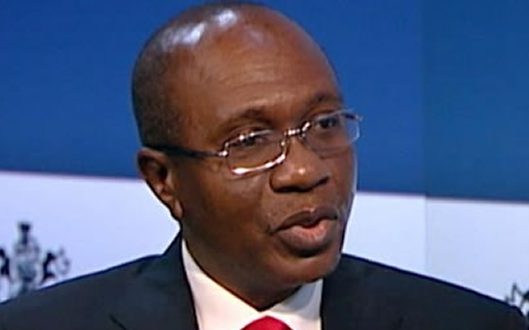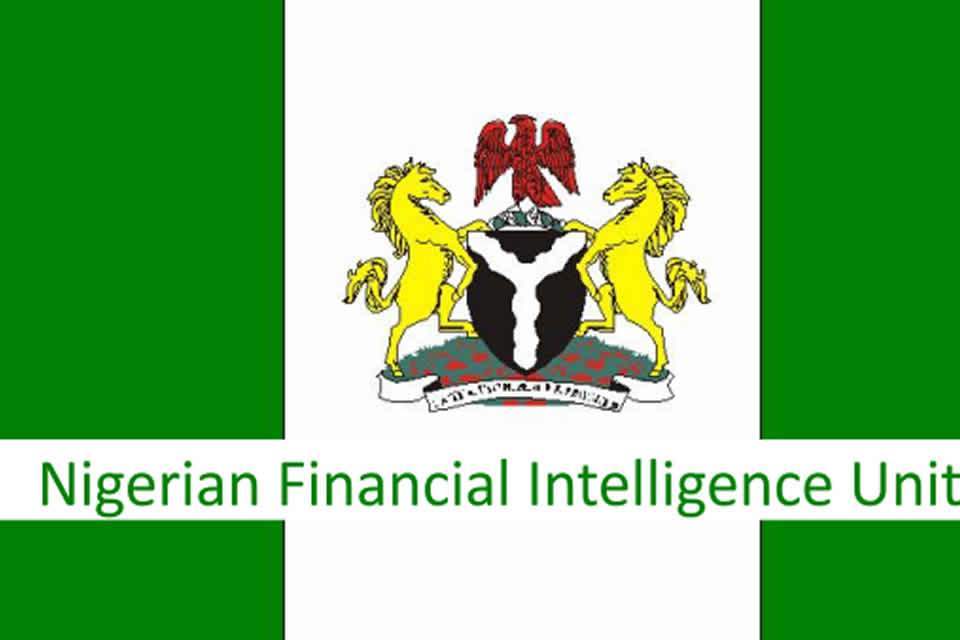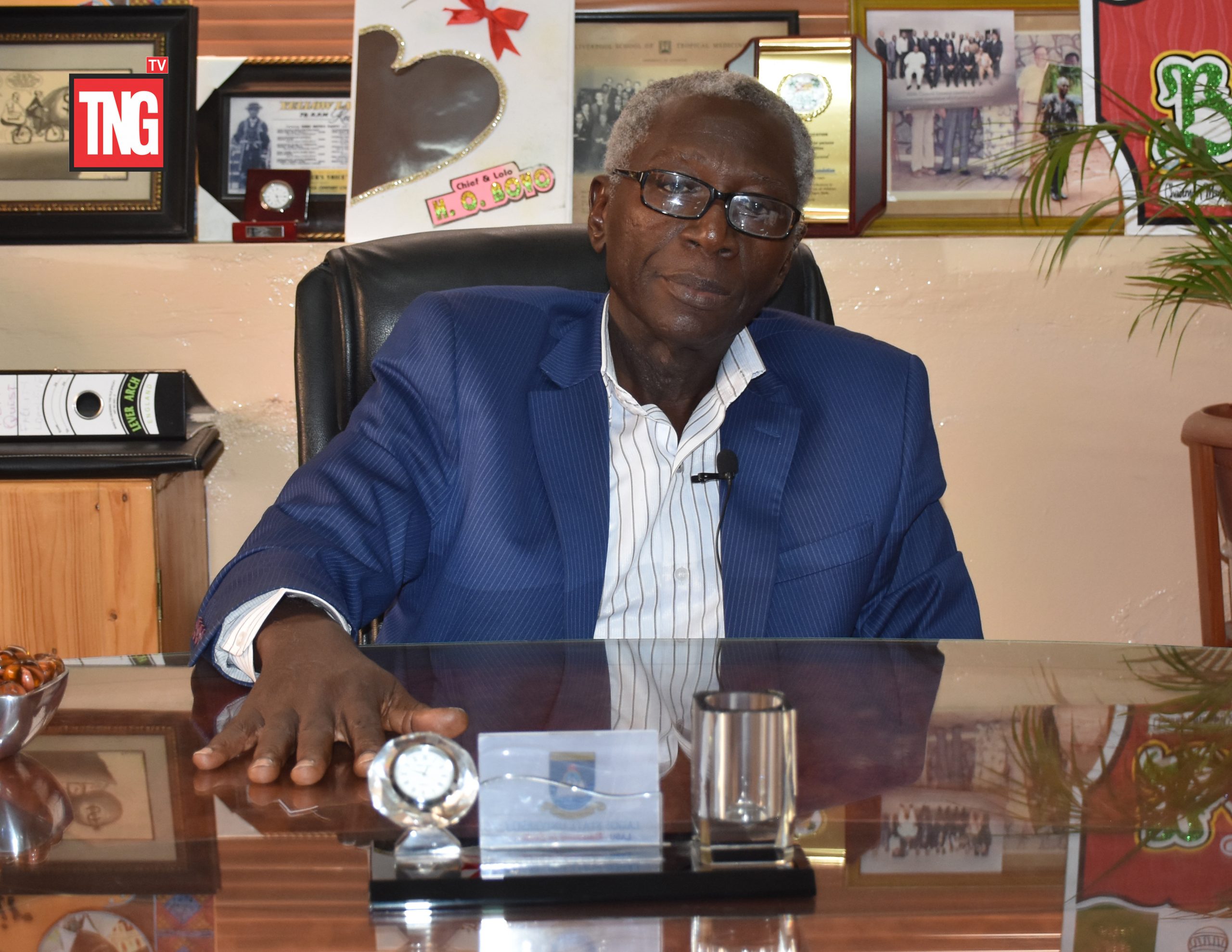BY HENRY BOYO
The oppressive impact of the myriad charges on the transactions of every owner of a bank account in Nigeria, was subject of discussion, in this column in recent weeks. Media reports have also suggested that these charges, may contribute trillions of Naira income for banks annually; indeed, the income from retained stamp duty charges, alone, may have exceeded N6 trillion, if figures bandied by NIPOST and agents are ultimately verified.
The substantial incomes from bank charges, invariably, supplement hundreds of billions of Naira income from the regular, and extremely profitable business of granting loans to the CBN, States and Federal Governments and several businesses and account holders nationwide.
The above title “How Banks make Free Money from Government Funds” (www.lesleba.com) was first published soon after key decisions made at CBN’s MPC No. 90 of 22/23 July 2013, were announced. Notably, over 5 years thereafter, the question still remains, whether or not the oppressive, financial absurdity, which incumbent CBN Governor Sanusi condemned, in 2013, still prevails today? A summary of that article follows, hereafter; please read on.
“…First of all, you have got liquidity surplus in the banking industry; … there is over N1.3trn or so sitting in banks and belonging to government agencies. Now basically, they (these funds) are at zero percent interest, while banks are lending about N2trn to the government and charging 13 to 14 per cent! Now, that is a very good business model, isn’t it? Give me your money for free and I lend it to you at 14 percent; so why would I go and lend to anyone?” (Lamido Sanusi, CBN Governor, July 23, 2013)
“The above statement, which, corroborates views regularly canvassed in this column, was Sanusi’s defence of CBN’s Monetary Policy Committee’s decision to raise the existing CRR (Cash Reserve Ratio) of 12 per cent to 50 per cent on all public funds, domiciled in commercial banks, in order to reduce the inflationary threat from aggressive credit expansion by banks.
“Invariably, larger cash deposits create liberal opportunities for banks to leverage on such deposits, to expand credit and thereby increase public and private sector spending, which may, inadvertently, drive higher inflation rates.”
“Thus, this latest requirement for banks to hold higher cash reserves is really an admission that the existing 12 per cent CRR, unduly, instigated credit expansion and drove higher inflation rates.” “Some critics may however, regard the much higher CRR as inappropriate, since it would also further reduce the already inadequate credit to cash beleaguered businesses.”
“This column has, consistently drawn attention to the patently reckless strategy of banks lending their so-called surplus funds (excess liquidity) at atrocious interest rates to the same CBN, which ironically, induced the systemic excess cash supply!!
“Thankfully, Sanusi may have finally recognized, according to him, that “If you want to discourage such perverse behaviour, part of it is to basically take away some of this money; a reserve requirement is therefore, supposed to make sure that the excess liquidity in the banks’ balance sheet, is evenly distributed”. Nonetheless, if CBN fails in practice, to ensure strict compliance with the new 50percent CRR policy, systemic surplus cash will persist and expectedly drive higher inflation rates with disastrous consequences for cost of loans, consumer demand and economic growth.”
“Nevertheless, Sanusi’s fear that even the higher CRR may not adequately cage inflation is probably embedded in his warning that “if spending continues, and we are concerned about the liquidity conditions, we foresee in the nearest future, continued increase in the CRR across board….” Consequently, if surplus cash deposits persist despite the new measure, CBN would further increase its already oppressive CRR beyond 50 per cent for both public and private sector deposits; predictably, this may drive interest rates, sucidally, beyond 30 per cent!”
“This writer has consistently decried the foolhardiness of government’s borrowing back its own cash deposits with banks, at extortionist interest rates and consequently advised instead that it would be more businesswise, for Ministries, Departments and Agencies to domicile their monthly naira allocations, internally with CBN. Regrettably our external debt strategy, also follows the same self-oppressive model of borrowing what one has in undeniable excess!” (see www.lesleba.com) for “Will you Borrow Back Your Own Money and Pay 17 per cent Interest? …Ask CBN!” –27/12/2004 and “MPR Hike: Failure of CBN’s Monetary Framework”, 01/08/2011).
“All the same, Sanusi’s new directive of 50 per cent CRR for government deposits, is clearly, an uneasy half way measure, and critics may wonder why the CBN Governor cannot, in his characteristic style, take the bull by the horns, and demand that ALL government funds should be banked with CBN!”
“Invariably, total domiciliation of Government revenue in CBN, will lead to a significant contraction in systemic cash surplus, and thereby restrain inflation; regrettably, however, cost of funds to businesses may not fall significantly if government remains actively in competition with the real sector for both long and short term loans.”
“Ultimately, an enduring cure to the high cost of funds and unyielding inflationary push is to tackle the root cause of excess liquidity; i.e. to first recognize excess liquidity as the direct product of CBN’s monthly substitution of naira allocations for dollar revenue, and secondly, to also ensure that beneficiaries of the federation pool receive dollar certificates for their share of monthly allocations of foreign distributable income. This arrangement would finally exorcize the, seemingly, perennial ghost of systematic cash surplus and its train of adverse consequences on our economy and peoples’ welfare”.
“In its place, minimal, socially and industrially supportive, inflation rates will evolve with lower single-digit interest rates in tow! The naira will become much stronger, and eliminate any remote possibility of subsidizing fuel prices, thus achieving the erstwhile seemingly impossible task of benignly deregulating fuel price, so that, hundreds of billions of naira saved can be ploughed into critical social infrastructure and positive social welfare programs.”
“Ultimately, the purchasing power of all income earners will improve to stimulate increasing consumer demand, which industrialists and entrepreneurs would hasten to profitably, satisfy, in a prevailing ambience of low inflation and interest rates and a much stronger naira.”
Postscript April 2019: The Treasury Single Account (TSA) which consolidated all Government funds in CBN was ultimately implemented in August 2015, based on an earlier framework developed overtime by Obasanjo, Yar’Adua/Jonathan Administrations.
Regrettably, however, TSA implementation and 50 per cent CRR, still did not remove the perceived liquidity surfeit in commercial banks, as the secluded Government funds filtered into the open money market the moment MDAs made expenditures from their treasury allocations. Indeed, the Bankers’ Committee Chairman had even declared that banks’ liquidity position was not seriously affected by the reductions in CRR. Inexplicably however, after the MPC No 103rd meeting, on 23rd September 2015, CRR was reduced to 25 per cent for all public and private sector deposits and later to 22.5 per cent in March 2016. Thereafter, CBN’s CRR, MPR and liquidity ratios remained unchanged for well over 24 months, despite the attendant disruptive economic impact, until after the MPC 123rd meeting in 2019 when the MPR alone was singled out for marginal reduction from 14 per cent to 13.5 per cent!
Despite these subsisting harsh policy rates, CBN has continued to mop-up perceived Naira liquidity surplus at a rate which often correlates with Government’s annual fiscal plans! Consequently, CBN may have been compelled to pay high counterproductive double-digit interest rates to banks, in order to remove close to N9.0tn perceived surplus liquidity from the system in 2018! Invariably, conversely, the banks may have earned close to N1tn from such interest payments in 2018.
Instructively, however, banks have continued to post humongous profits annually with the prevailing business model; inexplicably, however, businesses in the productive sector have continued to wail!
SAVE THE NAIRA, SAVE NIGERIANS!!!


